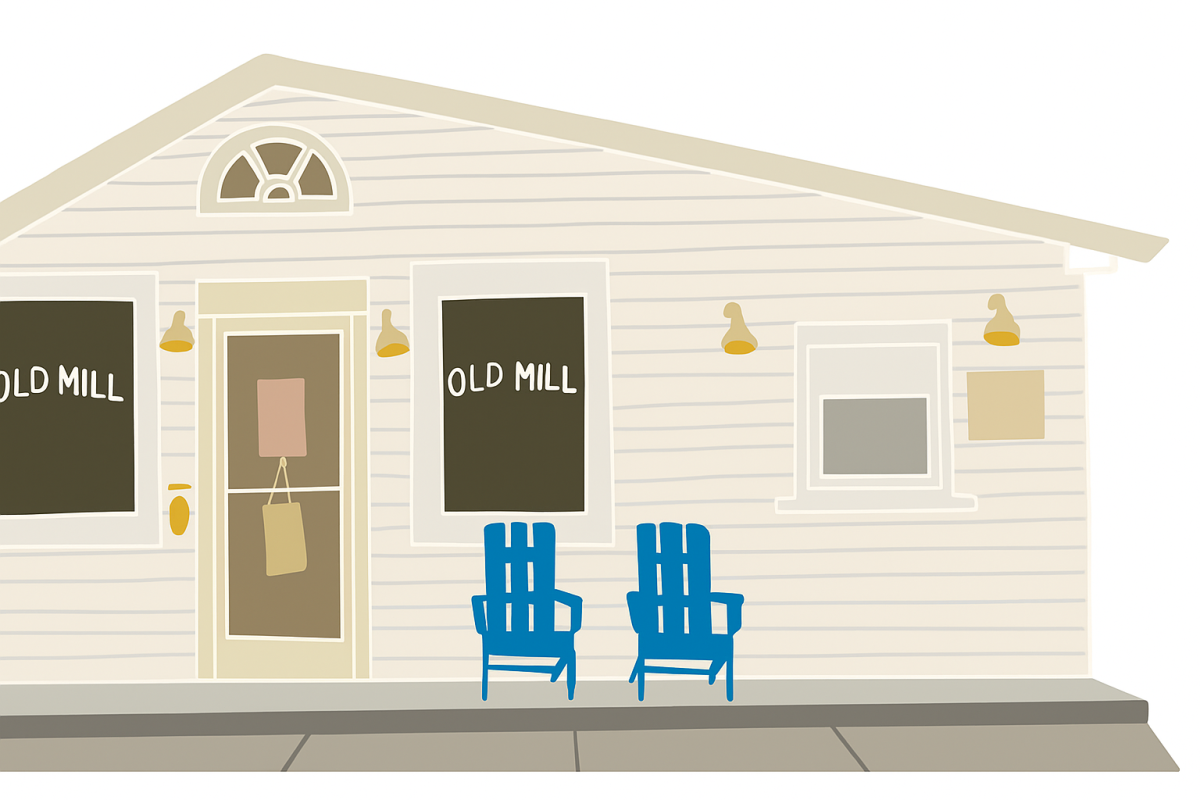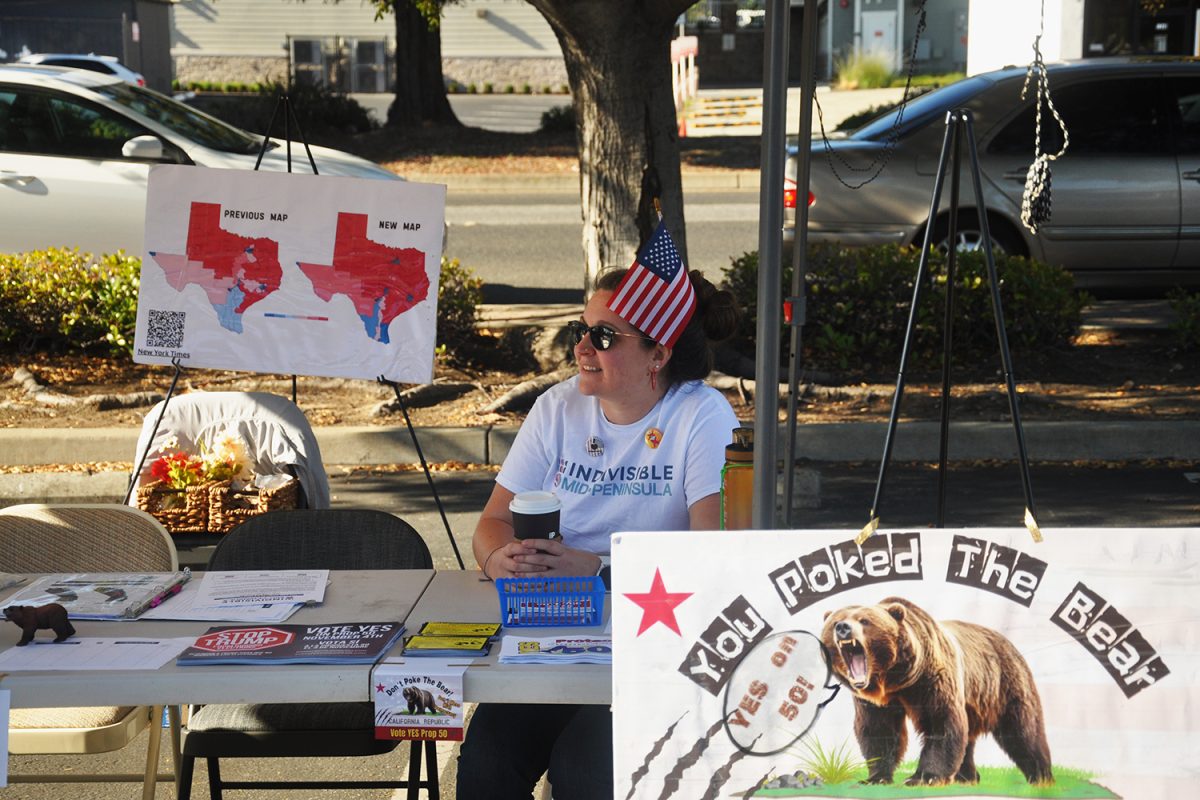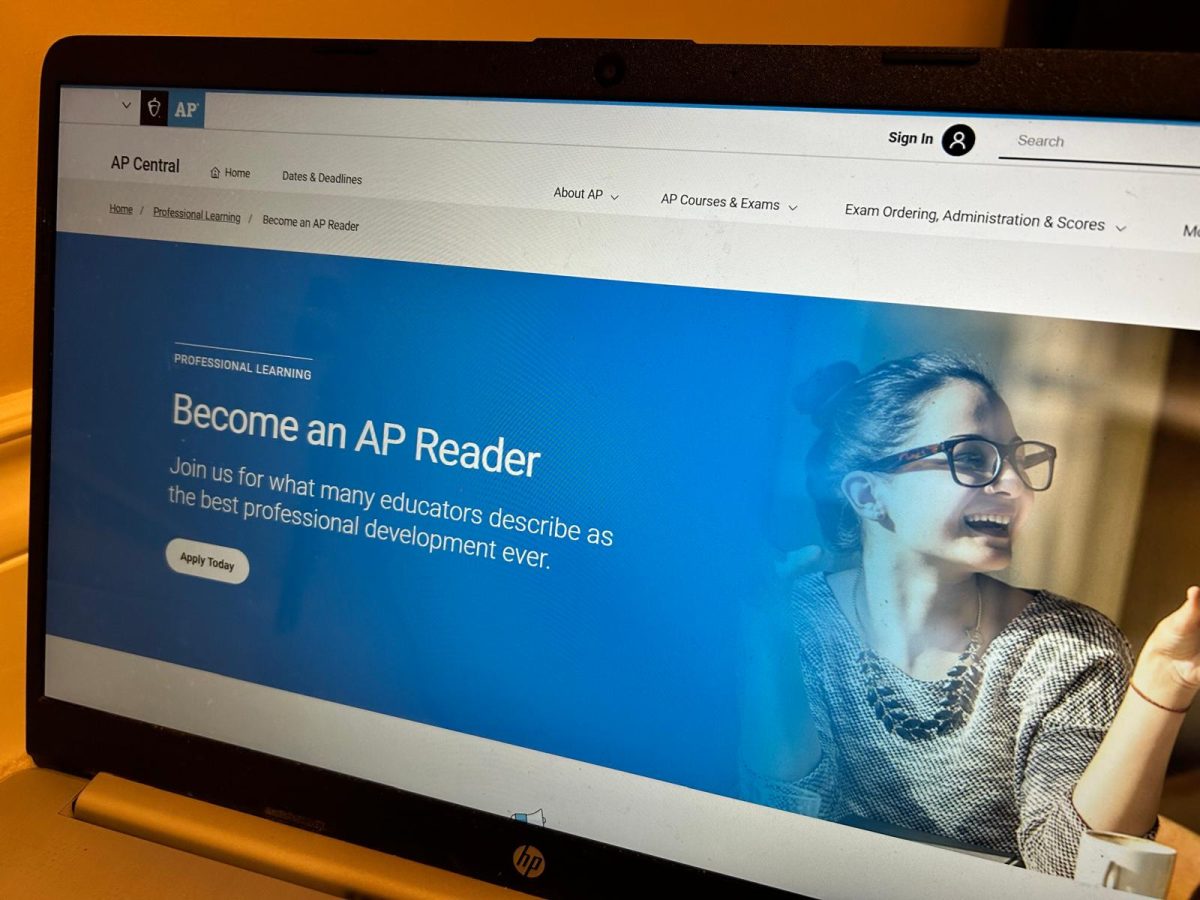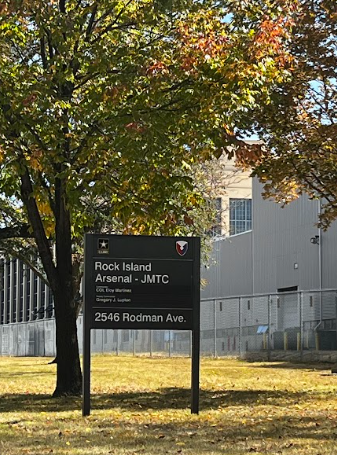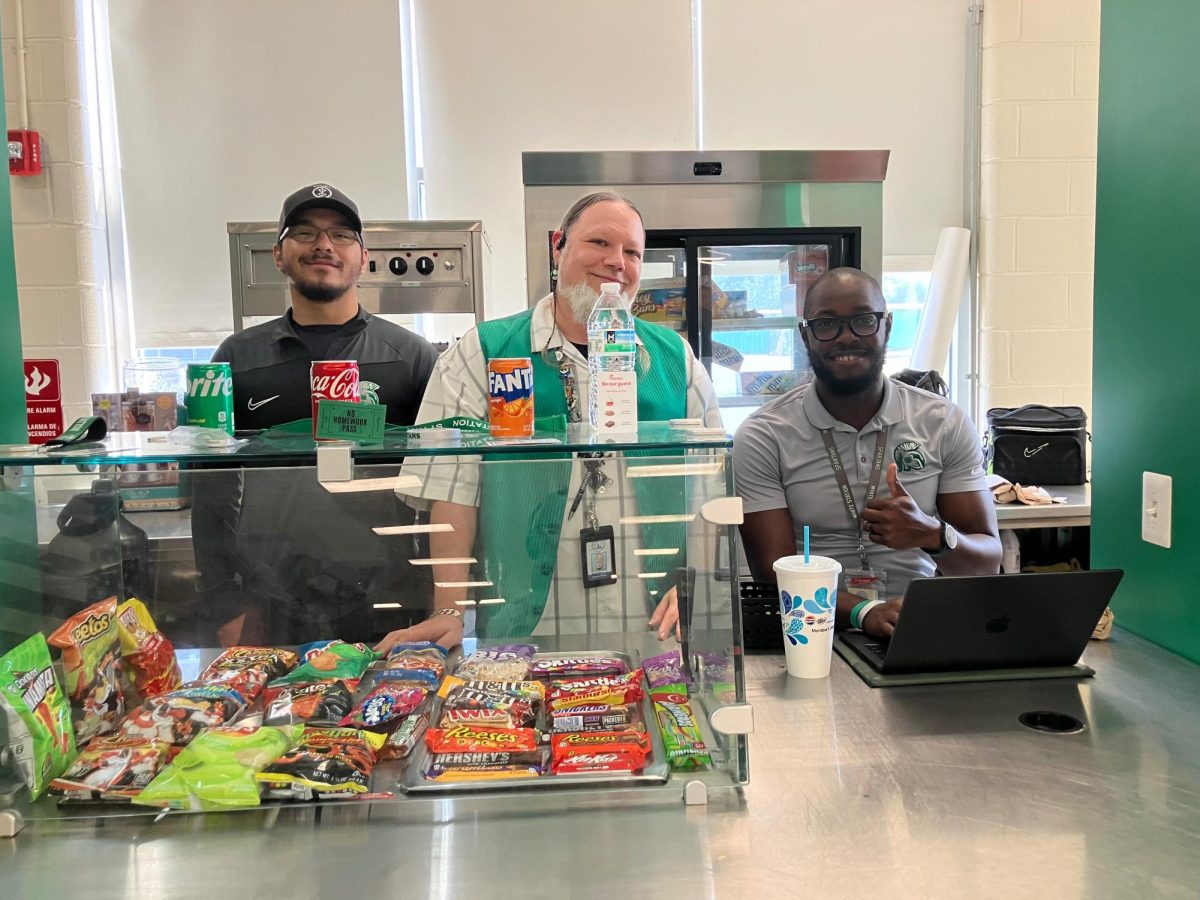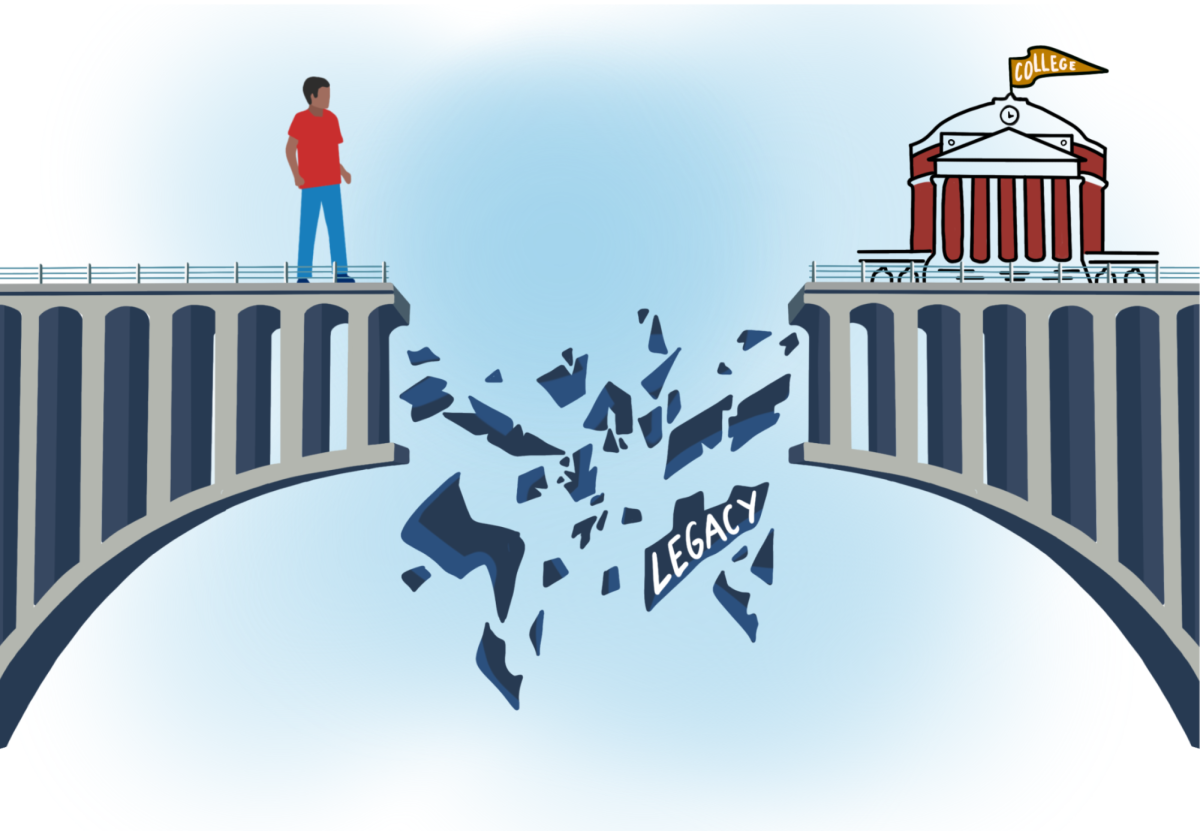Gov. Gavin Newsom signed AB 1780 in October, banning legacy and donor preferences at private universities statewide. Set to take effect for the 2025-26 admissions cycle, the new law eliminates practices at private universities that have traditionally given advantages to applicants with family ties or financial connections.
California became the fifth state to ban legacy admissions, and the second to ban them at private universities.
Legacy admissions, the process by which students receive preferential treatment if family members attended the college, was already banned by the University of California (UC) system in 1998 but remained prevalent in private schools like Stanford University and the University of Southern California (USC). In 2022, 14.4% of USC’s first-year applicants had a legacy preference, while 13.8% had legacy status at Stanford. According to Opportunity Insights, a research group at Harvard University, students with legacy are 33% more likely to be admitted than applicants with identical test scores.
Due partly to this disparity, Assemblymember Phil Ting introduced AB 1780. The bill was co-sponsored by various organizations, including the Campaign for College Opportunity.
“[Phil Ting’s] office was very aware of our work and asked us if we would consider supporting the legislation and help shepherd it through the process,” Campaign for College Opportunity Legislative Affairs Manager Valerie Johnson said.
Johnson said the legacy admissions process can support biases along race and class lines, decreasing the equity of the admissions process.
“The data points very clearly to the fact that legacy admission typically acts as affirmative action for the white and wealthy,” Johnson said. “Not a lot of first-generation college students benefit from legacy admissions.”
Some of these wealthy admitted students were the children of large donors, many of whom donate with the expectation that their funding will help their children’s admission in the future.
“The extra building or however much money, 10s of thousands of dollars that they donate [to the university] is going to outweigh the fact that there’s one person that only 50% deserves to be there,” senior Alex Winter said.
Even with the supposed benefits of legacy preference, elite universities like Stanford and Claremont McKenna College still maintain extremely low acceptance rates, making admission highly competitive even for legacy applicants.
“I don’t think I would get into [Stanford] even though I have a double legacy,” junior Zadie Tsai said. “I just don’t think legacy is so large of a factor that I would get in.”
The bill was proposed partly in response to the Varsity Blues scandal, a decade-long fraud scheme intended to fake information and cheat on standardized tests to help the children of the wealthy and influential get into better colleges.
“Some colleges and universities had been identified as providing special admissions guarantees or cheating the system to allow students who are from wealthy backgrounds to be put on sports teams in order to get into certain colleges, or cheating the system in other ways,” Johnson said.
The scandal gained nationwide news coverage, leading to calls for serious reforms to the admissions process.
“[Varsity Blues] made people see what was going on, and it also put the spotlight on the people that were abusing the whole college system,” private college counselor Marya Harrington said.
In addition to concerns about the Varsity Blues scandal, private universities are often responsible for releasing their own admissions data, leading to potential issues with integrity.
“Colleges self-report their legacy data, so there’s questions about the transparency of how things are reviewed,” College and Career Center Advisor Jonathan Dhyne said.
While the bill continues to eliminate legacy admissions in California, the rest of the country is lagging behind, as Colorado, Virginia, Maryland, and Illinois are the only states to end the process.
“[Passing the bill] was a hard win, many states have tried to do it and haven’t been able to,” Johnson said. “California is leading the nation; we were the second state to ban legacy and donor admissions at private colleges.”
In the meantime, the proponents of AB 1780 believe it will make large strides toward leveling the playing field in California.
“High school students can feel reassured that their applications to private colleges like USC or Stanford are going to be judged more fairly,” Johnson said. “They’re going to be judged on their talents and their accomplishments, rather than their family’s wealth and connections.”
This story was originally published on The Burlingame B on December 11, 2024.


